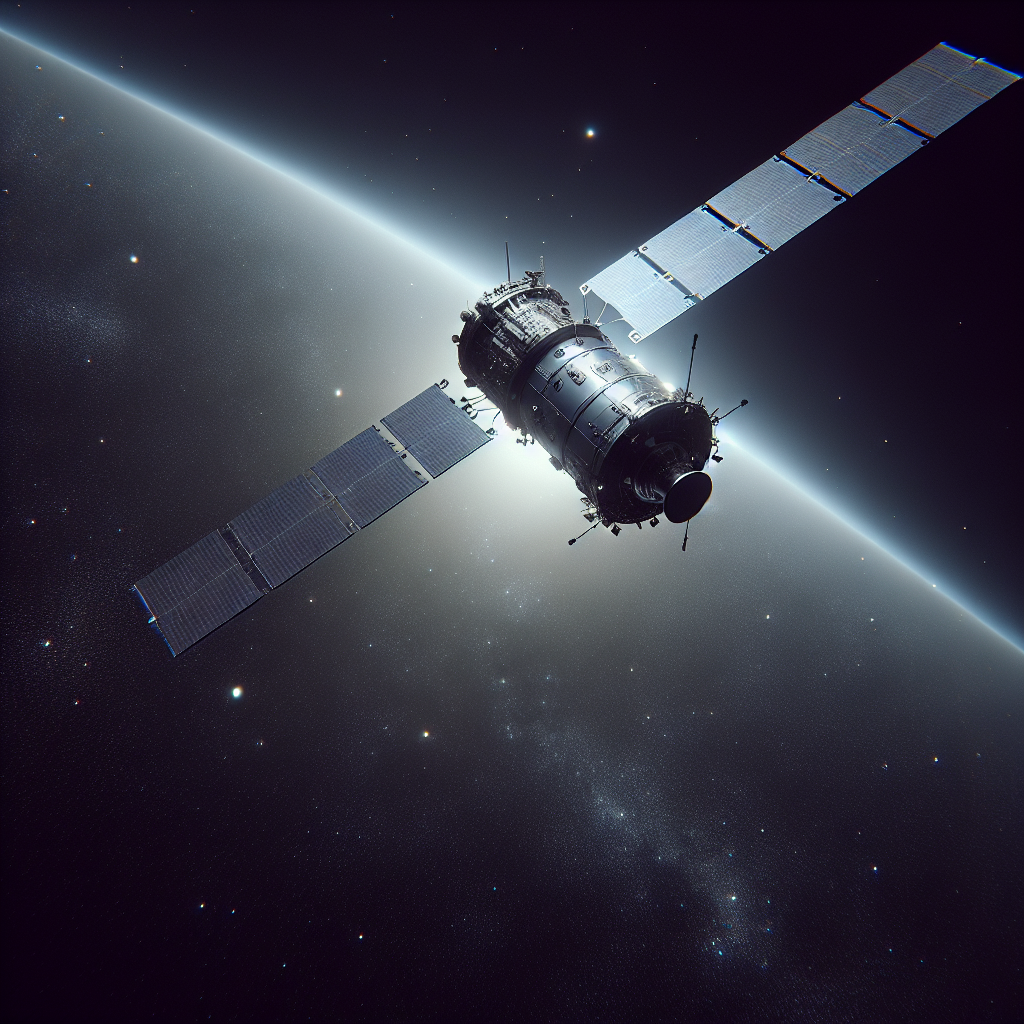Laser Satellites: A New Frontier for Space Debris Management
Space startups in Japan and India are collaborating to explore the use of laser-equipped satellites for space debris removal. Meanwhile, a power outage disrupted a historic SpaceX mission, and Japan's Space One faces setbacks in its attempts to send satellites into orbit.

Space startups in Japan and India are exploring innovative approaches to manage the growing issue of space debris by using laser-equipped satellites. Tokyo-based Orbital Lasers and Indian robotics company InspeCity are investigating business opportunities in de-orbiting defunct satellites and extending spacecraft lifespans.
A significant power failure recently impacted SpaceX mission control in California, causing a temporary loss of ground control during a mission that included the first private spacewalk in history. The spacewalk was part of the Polaris Dawn mission, involving private astronauts such as Jared Isaacman, who has been nominated as the next NASA administrator.
Japan's Space One faced a setback as its Kairos rocket failed shortly after liftoff. This marks the second consecutive failure in less than a year, posing challenges for the country's aspirations to advance its domestic space industry amid goals for increased rocket launches by the 2030s.
(With inputs from agencies.)
ALSO READ
Major Defense Deal: US Approves MH-60R Helicopter Sale to India
India's Indigenous Defence Leap: Nagastra Munitions & Drone Innovations
US Diplomacy: Navigating Complexities with India Over Indictments and Global Concerns
India's Steadfast Commitment to Combat Land Degradation at UNCCD CoP16
Indian Markets Rally on Investor Optimism










